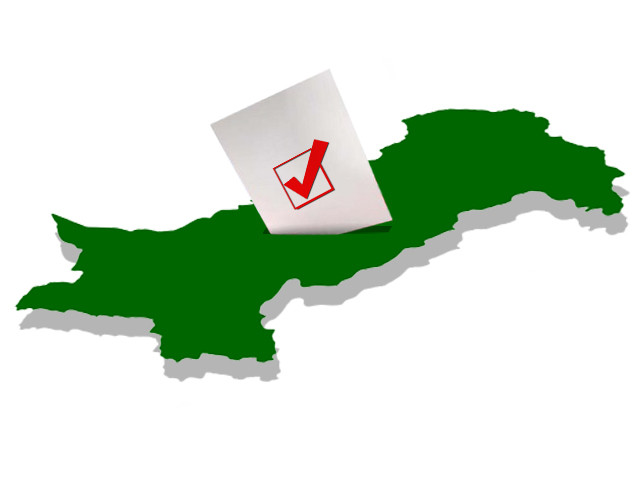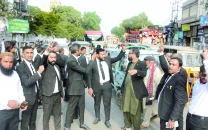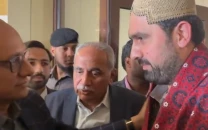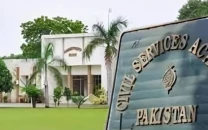elec-tion-ary: [Nine-party IJI emerges]
Nine-party IJI emerges.

IJI managed to win only 53 seats in the National Assembly compared to the 92 won by PPP. DESIGN: EMA ANIS
With the exception of Jamaat-e-Islami (JI), the other mainstream religious parties, Jamiat Ulema-e-Islam Fazlur Rehman, and Jamiat Ulema-e-Pakistan Noorani stayed away from the alliance. Similarly, apart from the National People’s Party, nationalist parties such as the Awami National Party, and the Pakhtunkhwa Milli Awami Party also contested the elections independently. Muttahida Qaumi Movement candidates also participated in the elections as independents.
IJI managed to win only 53 seats in the National Assembly compared to the 92 won by PPP. Most IJI seats were won in Punjab. Nawaz Sharif emerged from the 1988 elections as the most powerful politician outside PPP. In December 1988, he succeeded in forming an IJI government in Punjab and became the province’s chief minister.
IJI included the following parties:
Pakistan Muslim League, Jamaat-e-Islami Pakistan; National Peoples Party; Jamaat Ulema-e-Pakistan; Nizam-e-Mustafa Group; Markazi Jamaat-e-Ehle Hadith (Lakhvi group), Jamaat-e-Mashaikh Pakistan; Azad Group and Hizbullah Jihad.
Courtesy: Church World Service, Free and Fair Election Network and Wikipedia)
[tableau name="Electionresults2002-2008/Electionresultdashboard" static_image="https://public.tableausoftware.com/static/images/El/Electionresults2002-2008/Electionresultdashboard/1_rss.png"]
Published in The Express Tribune, April 29th, 2013.



















COMMENTS
Comments are moderated and generally will be posted if they are on-topic and not abusive.
For more information, please see our Comments FAQ